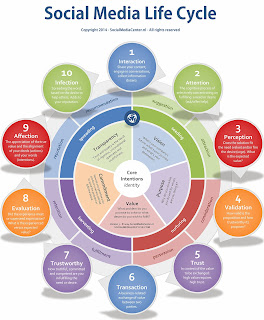Data tells lies, so what should you ask? @JHISteve

Source : http://www.linkedin.com/today/post/article/20140122165800-37102839-lies-data-tell-us Great article from Steven Thomson He sets out questions to ask next time you're about to make a big decision based on a particular set of data: Are you measuring the right thing? In almost any data-gathering situation, there are far more types of information that could be gathered than you can possibly tackle. Compare the contradictory claims that U.S. wireless phone providers make for their network coverage. No one's lying--they're all just picking different aspects of coverage to measure. Are you measuring it accurately? There are far more ways to screw up a measurement than there are to get it right. Ever compare election results to what the polls had said right up to the end? And political pollsters are the rocket scientists of data gathering--it's downhill from there. Are you interpreting the data wisely? Unless someone is inside trading, all inve



